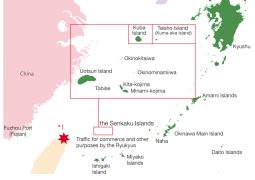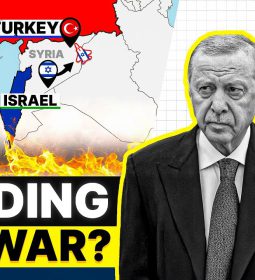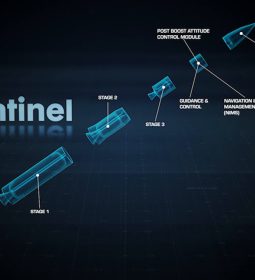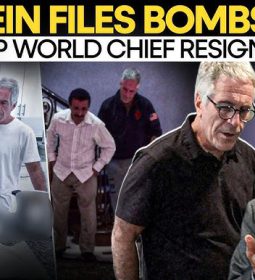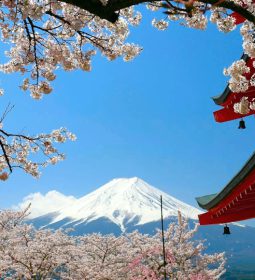No summit with China’s Xi Jinping until a deal to end trade war is final, Donald Trump says
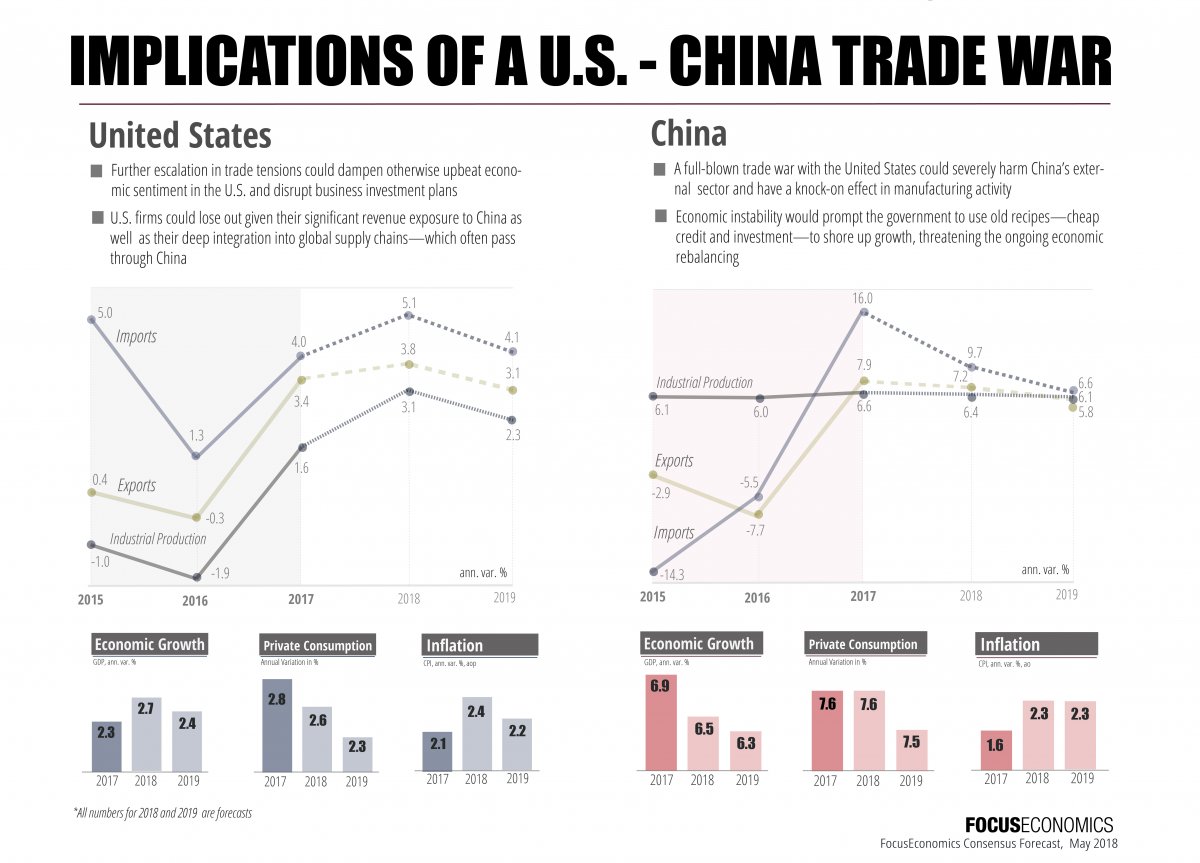
- The US president, speaking with Chinese Vice-Premier Liu He at his side, said it might be another month before he could announce a meeting with Xi
- ‘If we have a deal, we’ll have a summit,’ Trump said
US President Donald Trump met with China’s chief trade negotiator, Vice-Premier Liu He, at the White House on Thursday afternoon, but said a summit with his Chinese counterpart Xi Jinping would not be announced until a trade deal was in place.
“If we have a deal, there will be summit. I think we will know over the next four weeks,” Trump told reporters in the Oval Office, adding that a final, written agreement would take an additional two weeks. “I look forward to seeing Xi; he will be here.”
Trump didn’t say whether that meeting would be in Washington or his Mar-a-Lago resort in Florida, where they met for the first time two years ago.
“Progress is being made at a very rapid pace,” said the president, who was joined by US and Chinese trade negotiators, with Liu at his side. In previous White House meetings this year, Liu had sat across from Trump.
“We’ve agreed to far more than we’ve left to agree to,” Trump told reporters.
Despite repeatedly stating his support for tariffs during the Oval Office press conference, Trump declined to comment about his intentions regarding his tariff strategy with China, saying that it would be something he would be discussing directly with Liu behind closed doors.
Trump said “yes” when asked whether enforcement remained a sticking point in the negotiations.
“We have to make sure there is enforcement,” he said, adding that he was hopeful agreement on such verification mechanisms would be reached.
As was the case in previous meetings between the two, Liu delivered a personal letter from Xi to the US president, a message that Trump described as “beautiful”.
In the past year, Trump has imposed duties on about US$250 billion worth of Chinese imports, and Beijing responded with tariffs on US agricultural and industrial products.
Negotiations have gone back and forth about when and where Trump and Xi would meet to sign a deal ending the trade war. A source said China has pushed back on the proposal for a meeting on the sidelines of G20 summit in June in Japan and suggested a sit-down gathering later this month in the US.
“We’ve made a lot of headway, we’re working very hard,” said Robert Lighthizer, the US Trade Representative and chief negotiator in the current talks. “We have a great partner in the vice-premier. He’s become a good friend. I think his commitment to reform in China is the reason that this has a chance.”
“There’s still some major, major issues left, but we’re certainly making more progress than we would have thought when we started,” Lighthizer said.
The two sides resumed trade talks four months ago and have gone through nine rounds of negotiations, including phone conversations and intensive sit-down discussions. People familiar with the situation said both sides were exhausted and under pressure to bring the matter to a conclusion.
Liu arrived in Washington on Monday and began “endgame” negotiations with his US counterparts on Wednesday. In a rare show of emotion, he waved to onlookers before entering the US trade representative’s offices.
Looking beyond a possible trade agreement, Trump said he hoped to start discussions with China and Russia on military spending reductions.
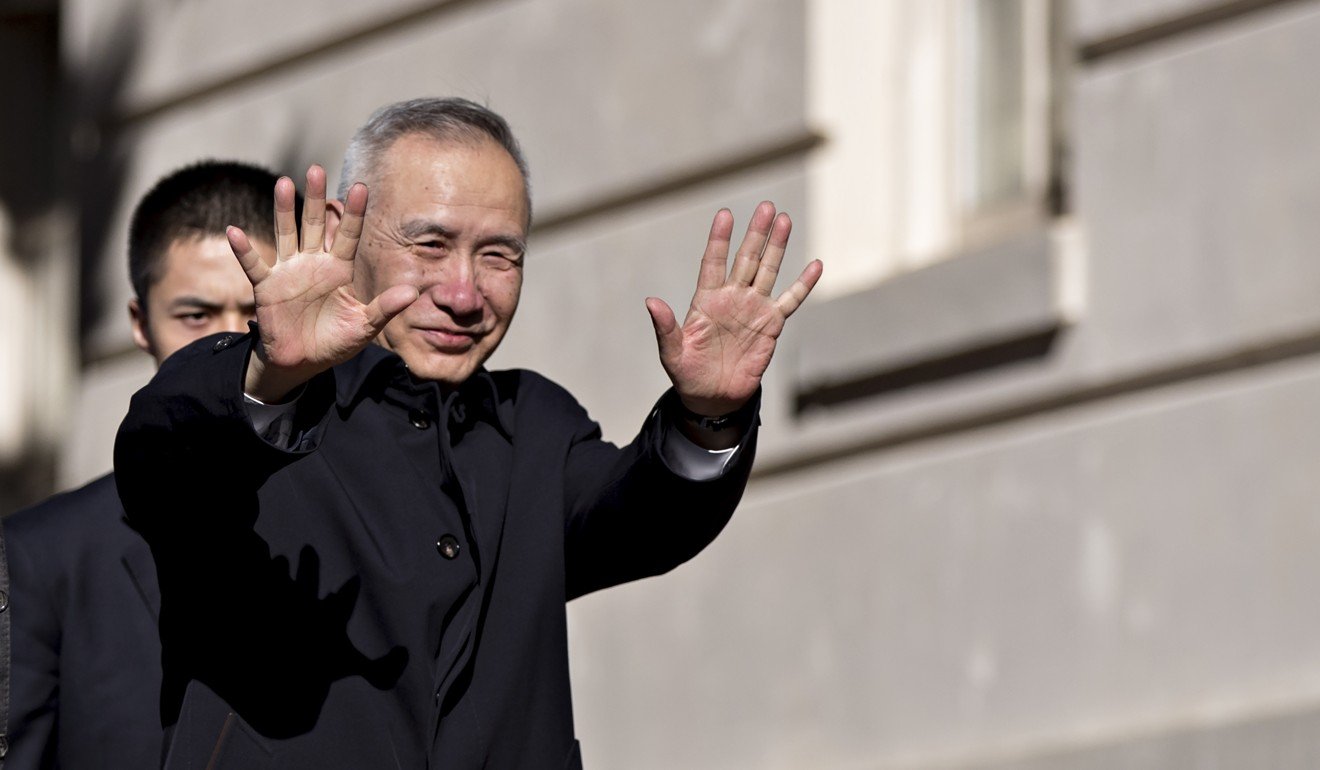
“Between Russia and China and us, we’re all making hundreds of billions of dollars worth of weapons, including nuclear, which is ridiculous,” Trump said.
“It doesn’t really make sense that we’re all doing this,” he added. “I think we’re the leader. We’re always going to be the leader. I think we have to be the leader. It would be much better if we all got together and we didn’t make these weapons. I think that’s something that could be a phase two, after [a trade deal] is done.”
The three countries “can come together and stop the spending and spend on things that maybe are more productive,” Trump said.
When asked by the US leader what he thought of such a proposal, Liu said: “I think it’s a very good idea. We try to make a balance”.
With additional reporting by Robert Delaney
South China Morning Post
- Previous ‘Let’s copy Malaysia’: fake news stokes fears for Chinese Indonesians
- Next Will Mongolia kick out Canadian and Australian mining company out of country: Lawmakers seek to rewrite Oyu Tolgoi deal



